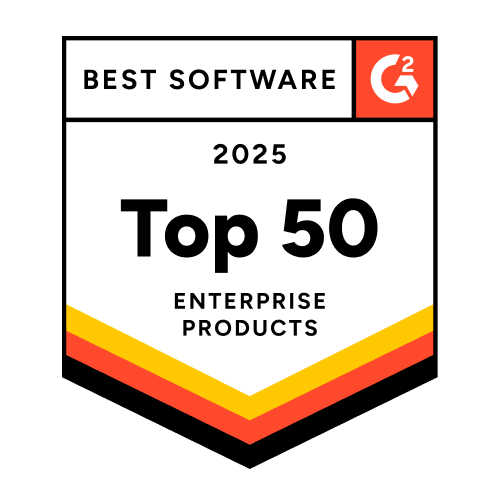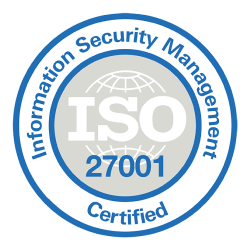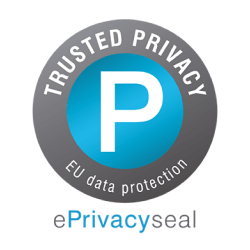What is B2C?
B2C, or business-to-consumer, describes companies that sell products or services directly to individual customers rather than other businesses.
For example, a company like Amazon sells products directly to everyday customers, tailoring its promotions, recommendations, and customer support to individual shoppers rather than other businesses.
How B2C Marketing Differs from B2B?
- B2C marketing uses digital channels, automated campaigns, and real-time personalization to connect with a large audience quickly and drive measurable growth in engagement and sales.
- By tailoring messages through emails, SMS, or app notifications based on individual actions and preferences, B2C marketers strengthen loyalty and increase repeat purchases.
- B2C decisions are often fast and emotionally driven. Marketers can respond with targeted, timely offers that encourage immediate action.
- Unlike B2B, where decisions take longer and are more rational, B2C marketing focuses on scale, personalization, and immediacy.
Types of B2C Business Models
1. Direct Sellers
The most common B2C model involves consumers buying products directly from the business through physical stores or online retailers.
2. Online Intermediaries
Businesses act as a middleman between product or service providers and end consumers, connecting buyers with sellers through a platform.
3. Advertising-Based
Companies attract large volumes of online traffic and generate revenue by selling advertising space, which helps promote products or services to consumers.
4. Community-Based
Businesses leverage online communities built around shared interests to help advertisers reach and market products or services directly to engaged members.
5. Fee-Based
Consumers pay a subscription fee for access to a product or service. Often, businesses provide limited free content initially, then charge for full access.
B2B vs. B2C vs. D2C
| Aspect | B2C Model | B2B Model | D2C (Direct-to-Consumer) |
| Autonomy | Business sells directly to individual consumers | Business sells to other businesses | Manufacturer or brand sells directly to consumers, bypassing retailers |
| Context | Individual shoppers, emotional triggers, fast decisions | Teams/organizations, ROI-driven, longer decision cycles | Loyal fans, exclusive branding, direct relationship with consumers |
| Integration | Ecommerce, retail, social media, digital ads | Sales reps, platforms, contracts, trade shows | Brand-owned online stores, owned fulfillment, direct marketing |
| Learning | Rapid feedback through A/B tests, campaign analytics | Focused on negotiation outcomes and demos | Brand controls the customer experience and gathers direct user insights |
| Example | Online shoe stores, streaming services, supermarkets | Office supply providers, consulting firms | Nike.com, Warby Parker selling directly to consumers |
FAQs
B2C marketing focuses on individual consumers, who often make quick, emotional decisions. B2B marketing targets business clients, typically involving longer purchase cycles, multiple decision-makers, and ROI-driven choices. Discover the best B2C marketing automation platforms in 2025 to streamline campaigns and boost conversions.
Typical B2C businesses include retailers, marketplaces, subscription services, ad-supported platforms, and social/community-driven sites. Each type benefits from personalized campaigns, targeted messaging, and seamless purchasing experiences. Explore more about personalization at scale for B2C success.
Success in B2C marketing stems from combining personalized campaigns with seamless, omnichannel engagement and emotionally compelling brand stories. By creating smooth, friction-free experiences and using data-driven insights, behavioral targeting, and marketing automation, businesses can increase conversions, strengthen customer loyalty, and maximize lifetime value while keeping customers satisfied.












